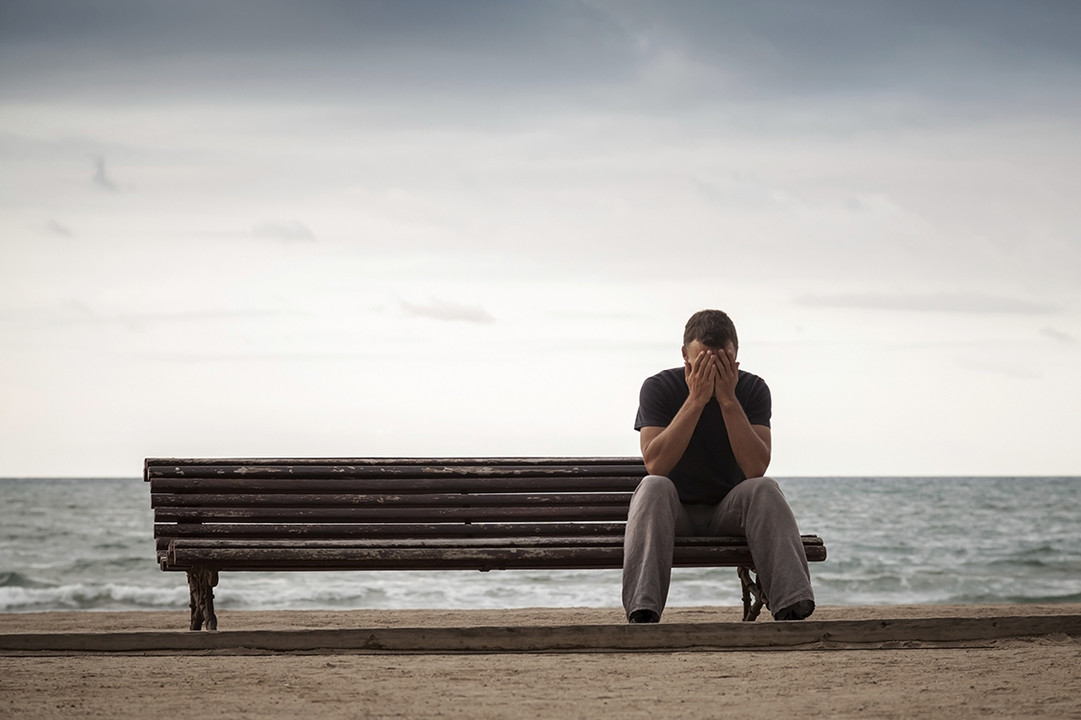Self-image is the most important aspect of mental health. Without a strong one, you’re prone to more depressed and anxious thinking, which will negatively impact your relationships and other life endeavours. Here are 5 things that create a low self-image:
Not Accepting your Past
Everyone’s life experience differs and that’s what makes us all unique.
Unfortunately, some people go through worse conditions during their upbringing. This mentally scars them and has the potential to hurt their chances of thriving in later life.
And experiences that directly affect a person also have the added consequence of creating a low self-image.
If this is you, know that it’s normal to want to avoid thinking about that time of life. Sometimes it can be so painful that you can’t function in the present moment.
But by not confronting and accepting your past, your current state will only get worse. It will unconsciously guide you toward more feelings of worthlessness, more fractured friendships and relationships, and more coping mechanisms.
Instead be brutally honest with what happened, experience the emotions that follow and learn to de-attach yourself from what you went through. Often we associate our identities with what happened to us, and this is exactly what will impact your self-image.
If you’re struggling with this and would like to seek help from a professional, try Calmerry. It’s an online therapy service that offers text and video therapy and free counsellor switching. And you can switch at any time. You can sign up here.
Bad Habits
As an extension to the above, your habits can either add fuel to the fire of your past or help you dissociate your identity from it.
They can also either give you a sense of self-pride or shame in your day to day.
For example, if a boy grows up with one parent that pays him no mind, he’ll naturally feel unloved and believe he’s not worth anyone’s time in later life. By not confronting and accepting his childhood, he’ll want to cope through deviant habits and behaviours like substance abuse.
If he becomes an alcoholic, not only will that make it harder to dissociate his identity with his experience (because alcohol is known to be a depressant), but it will unearth a current sense of shame. Deep down he knows being an alcoholic will not help him, so he now finds himself at the lowest level of consciousness.
You can change your self-image by changing your habits. Exercising; eating whole foods; waking up on time and getting enough sleep; getting enough sunlight; and consuming content or information in healthy ways are what will give you a sense of self-pride and accomplishment.
Comparison with Others
It’s natural for us to compare ourselves with others as this is a part of human nature. And with social media coming into play, that is happening more than ever before.
There’s an argument to be made that social media creates an unnatural sense of self-comparison because we’re now able to peer into anyone’s life at any moment.
But even that isn’t the major problem.
The problem is replacing admiration with envy or self-denigration. When that happens, which is often the case today, people start to devalue themselves and that ultimately creates a low self-image.
When it’s the other way around, you can start from a place of healthy competition. You see where you are or what you have, admire someone for having it better in whatever regard, and work to reach that person’s level or surpass it.
Not Loving Yourself
It’s also natural for us to notice things about ourselves and fixate on them more than others do. We know ourselves best.
Unfortunately that fixation usually leads to self-consciousness. If that becomes a habitual thinking pattern, you’ll find yourself operating from a low self-image.
Instead of letting it get to the point of anxiety, practice seeing your unique characteristics simply as what makes you unique. There doesn’t have to be a negative or positive association (although positive would be ideal).
When you really think about it, we all notice the characteristics of others and it isn’t always the case that we’re judging the other person for having them. It’s just what makes them an individual.
Over time you’ll find that reframing your mind to view yourself in this way will transform into self-love. It’s important to love others but it’s just as important to love yourself and treat yourself with the same level of respect.
Staying in your Comfort Zone
You trick yourself into believing that your comfort zone is a good place to be. If you feel safe and relaxed, you’ll want to continue feeling that way even at the expense of personal growth.
But that voice in the back of your head, reminding you that you’ll go nowhere by staying there, is correct. For the sake of your personal development, learn to leave your comfort zone gradually. See here for more information on this topic from a previous post of mine.
If you never push yourself towards the uncomfortable, you’ll start to realize that you’re becoming weaker rather than stronger. That you have the capacity to improve yourself in many regards, but choose not to out of fear of the unknown.


